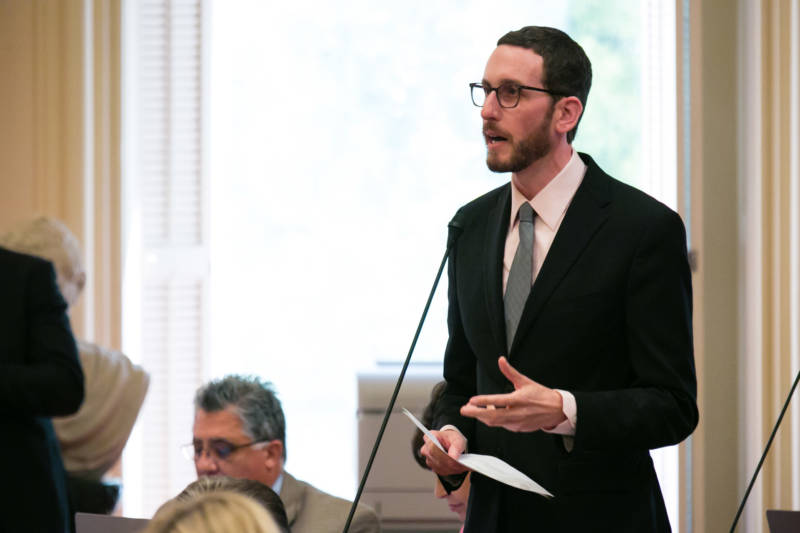A flurry of last-minute votes Thursday wasn’t enough to save Senate Bill 50, one of California’s most controversial and closely watched housing bills.
The vote remained unchanged from Wednesday, when it failed to earn the majority 21 votes it needed to pass. Only 18 senators voted on Thursday in favor of the bill, 15 voted against and six were absent or abstained.
The bill’s sponsor, San Francisco state Sen. Scott Wiener, said he was “deeply disappointed” in the outcome of the bill but vowed to try again.
“SB 50 does represent an aggressive reform of the status quo and it signaled to a lot of people the state was serious about addressing the housing crisis,” Wiener told reporters Thursday following the vote. “But I also believe we will pivot quickly and get something big done this year.”
Wiener didn’t specify what he plans but said he would work with the governor’s office and legislative leadership to introduce new legislation to boost housing construction throughout the state. And just hours after the vote Thursday, he introduced two placeholder housing bills.
